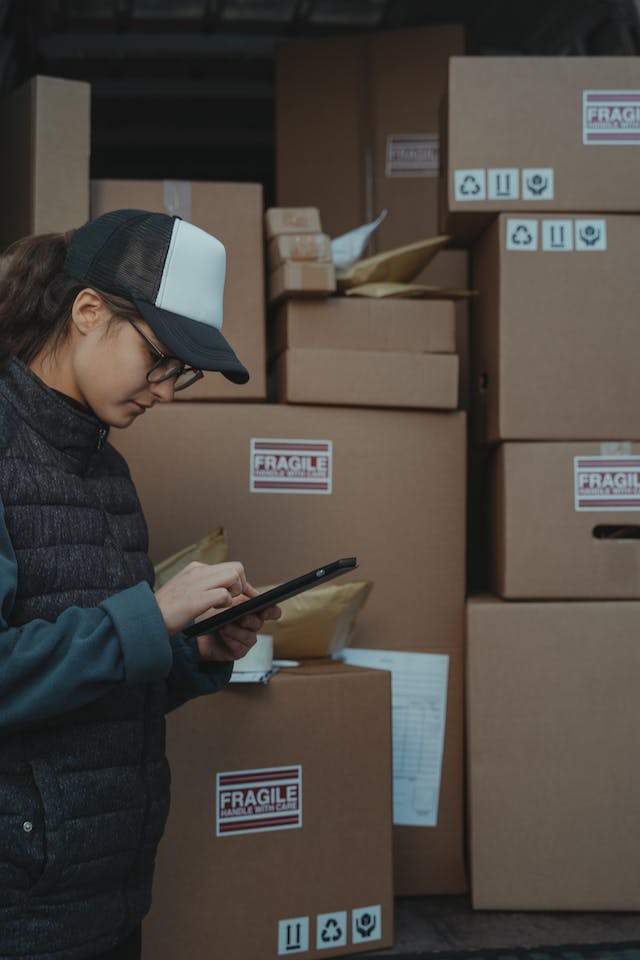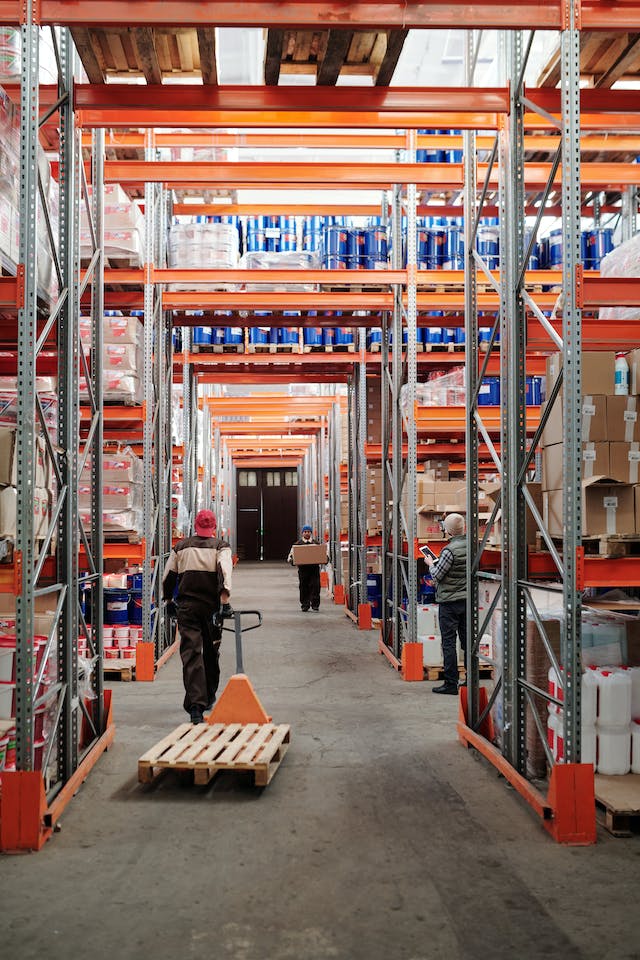Tax Compliance for International Ecommerce Sellers
Support from globally experienced tax professionals that let you focus on your business, rather than your tax obligations.


Deliver to your customers
and let us take care of the rest
In the global marketplace online selling is demanding. When you’re selling from down under you also face the challenge of being distant from your customer markets and often in very different time zones. With a business to run, is getting to grips with your tax obligations in foreign markets top of your list of things to do with any spare time? Probably not.
However, tax authorities globally also see the ecommerce industry as a source of tax revenue. Indirect taxes (VAT, GST and sales taxes) can arise as a charge when goods are imported or be imposed as a direct obligation on your business or register for local taxes and file tax returns. It doesn’t matter that you have no operational base in a country that imposes tax merely because you are selling into that country. Death and taxes – the only certainties in life!
The way taxes are paid affect both you and your customer and can be change as you change logistic models.
Cross border fulfillment
If you’re delivering a product internationally it must clear customs in the customer’s country. Whether you are sending via courier or postage channels all goods are declared to local customs and tax and duties may apply.
[whats the difference between tax and duty – here’s a link to an explanation]
It can be a very poor customer experience for a customer to have to make additional payments to their local customs office for a product they already believed they had paid for. An unhappy customer is less likely to be a repeat customer.
Don’t let tax ruin the CX. We can help you navigate the mixture of consignment values, incoterms and delivery options to let you take control of this final stage of the customer journey.


In-market warehousing or 3PLs
Establishing an in-country warehouse or 3PL is a great way to improve delivery times to customers. But it also changes the point where you need to consider tax and duties. Importing in bulk means you or your agent are the importer of record and need to pay any required tax or duty as part of the import process. This can be a significant cost and leaving yourself unable claim any recoverable taxes will hit your margins.
When a sale is fulfilled from a warehouse or 3PL there’s likely to be local tax payable on local deliveries and if the fulfilment is to another country then there is another county’s tax rules to put into the mix.
There are many ways of meeting your tax compliance obligations from single country returns to multi country EU One Stop Shop returns. You can count on ITS to chart the right path for you and even file your returns as well if that’s your preference!
Selling through online marketplaces such as Amazon
Increasingly, taxes for goods sold through marketplaces are the responsibility of the marketplace. It is up to them to include the tax in the price and pay the tax to the relevant authority. That takes a weight off your shoulders but doesn’t allow you to ignore tax completely.
A marketplace will usually require you to be tax registered. Also, marketplaces are usually under an obligation to provide information to local tax authorities identifying the sellers they represent. If you also sell directly the relationship with the marketplace can affect both whether you need to account for tax on these direct sales and the chances the local tax authority become aware of your sales

Ready to find out more?
It’s easy - just call, email or make an appointment today for a free, no-obligation chat.
And when you’re ready to go ahead, we can set you up straight away.
